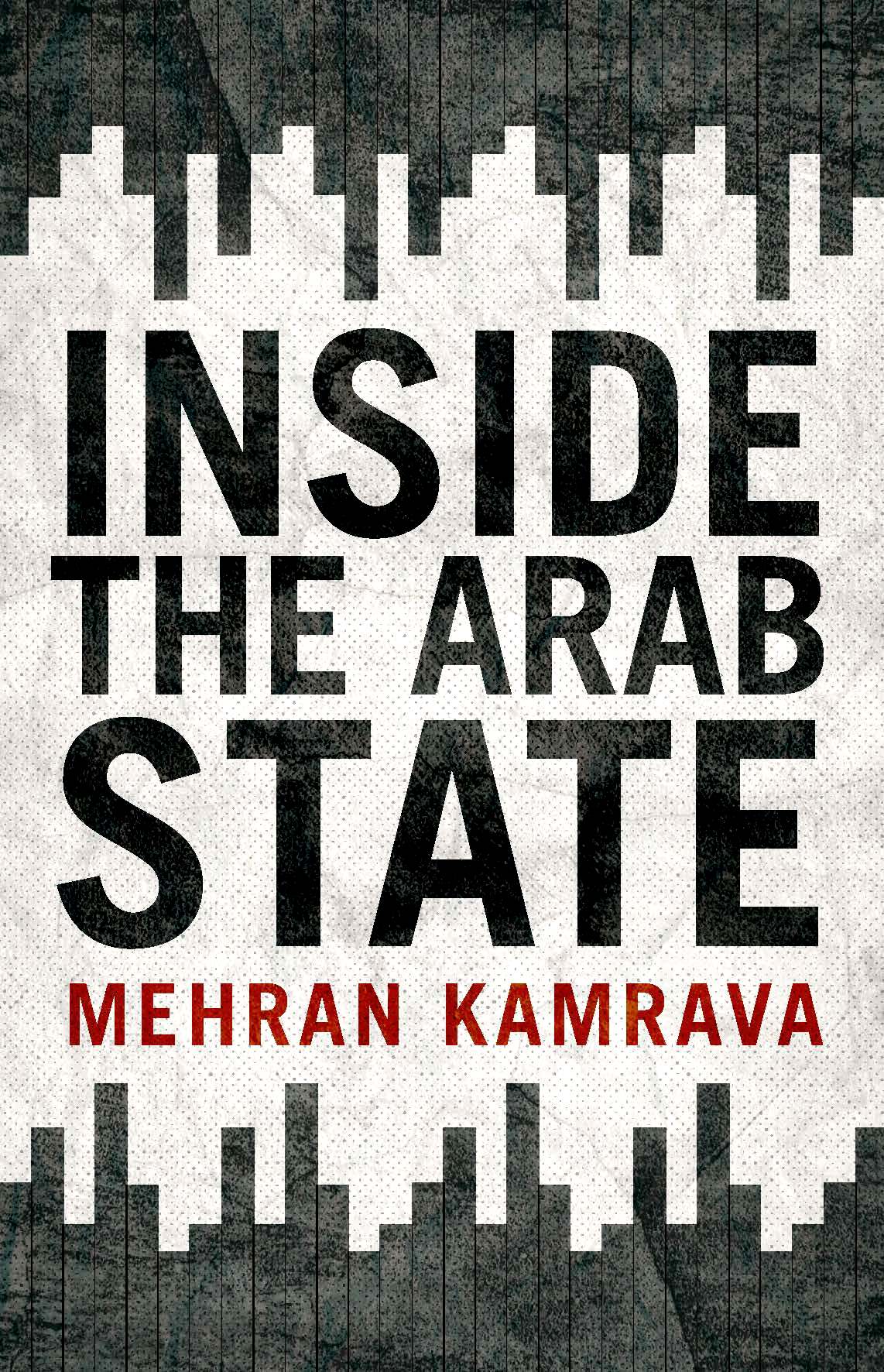Dialogue Series, Regional Studies
Inside the Arab State: Institutions, Actors, and Processes

On June 9, 2017, CIRS hosted a CIRS Research Workshop at the Georgetown University campus in Washington D.C. The workshop, which was a closed-door, one-day seminar, brought together a small number of renowned scholars to engage in a focused discussion on a book manuscript titled Inside the Arab State: Institutions, Actors, and Processes. This manuscript is currently in its final stages of preparation and has been authored by a member of our faculty, and CIRS Director Professor Mehran Kamrava. This is a book about state-society relations in the Arab world, focusing on the institutional make-up and composition of Arab states and how they have sought to establish coercive and ideological apparatuses enabling them to rule over society. Through a historical-institutional lens, Kamrava maintains that critical junctures provide a window of opportunity for state leaders to craft institutions and institutional arrangements that enable them to rule over society. Once these institutional arrangements are in place, two sets of dynamics begin to occur. At one level, as institutions mature and as their institutions become routine, they begin to develop lives of their own. Slowly, they assume internal dynamics that move them in one direction or another. The actors who created these institutions, however, may not always approve of the direction in which they are moving. Thus a potential area of tension develops between agency and structure—what state actors wish to see of the institutions of the state and how these institutions actually behave.
The participants at the CIRS research workshop are all scholars who work on the Middle East, some of who are members of the Georgetown University faculty, while the rest are affiliated with other universities and think-tanks based in Washington, DC. The workshop participants approached their individual chapters from their diverse disciplinary positions while understanding that the manuscript wished to receive a critique across conventional disciplinary divides. Each participant had been assigned specific chapters to read and review, and which they then had to present to the group and also offer their own comments. The workshop participants suggested vital changes to the manuscript in order to avoid certain pitfalls and to appeal broadly to its intended audiences.
A strong introductory chapter highlighting the core contribution of the volume to the vast literature that already exists on the post-Arab Spring Middle East was considered essential by several of the participants. The introduction ought to also provide some of the author’s reflections on and definitions of the terminology and key concepts that he uses throughout the book, such as institutions and agency. In addition, perhaps the introduction ought to introduce the larger outlines of the disciplinary debates that are currently placed later on in the volume. Some of the participants were very appreciative of the interdisciplinary approach of the workshop, but pointed out that from a historian’s perspective, the volume’s core approach towards a linear progress of the history of Middle Eastern states would be contested as such a linear view obscures the particularities of different Arab states’ experiences over time.
An additional criticism was that the book does not adequately represent the historical antecedents of the Middle East’s modern states, and provides no account of the colonial past and how there are continuities from the colonial past which have impacted the state-making and state-building processes. Some participants suggested laying out clearly at the outset how the book is addressing the agency-structure debate, and how the author is rendering a different or original contribution to the existing literature on this. Overall, several participants felt that whereas in its current shape several of the chapters have heavy theoretical components, these ought to be pulled out, either placed in the introduction or else reduced, so that there is more visibility to the book’s central narrative. The author thanked the workshop participants for these suggestions, which, he said, will greatly improve the overall quality of the manuscript.
- Click here for the workshop agenda
- Click here for the participants’ biographies
- Read more about this research initiative
Participants and Discussants:
- Osama Abi-Mershed, Georgetown University
- Zahra Babar, CIRS – Georgetown University in Qatar
- Daniel Brumberg, Georgetown University
- Steven A. Cook, Council on Foreign Relations
- Kristin Smith Diwan, Arab Gulf States Institute, Washington D.C.
- Daniel E. Esser, American University’s School of International Service
- Desha Girod, Georgetown University
- Mehran Kamrava, CIRS – Georgetown University in Qatar
Article by Zahra Babar, Associate Director of Research at CIRS